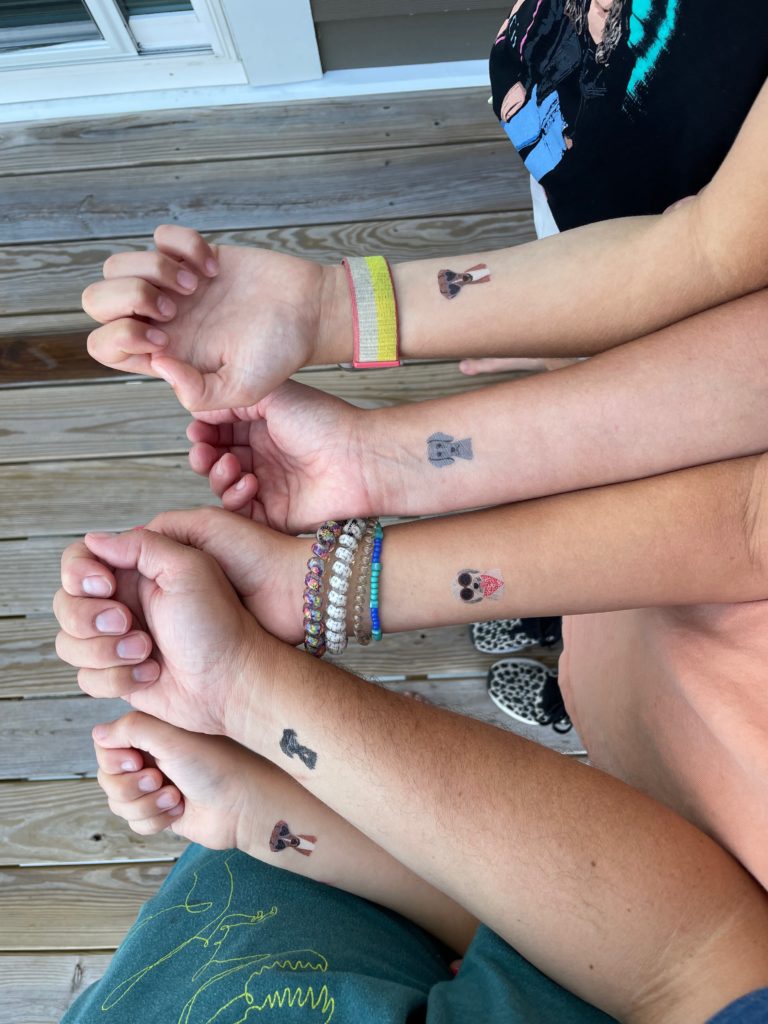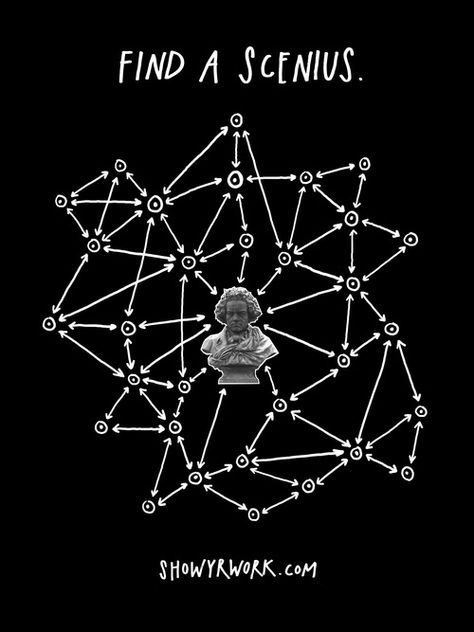Some Thoughts on Friendship
Friendship is a Spiritual Practice
Hey all – it’s been a cold and rainy week here in the American South. I’ve worn my wool socks, boots, and gloves several times. I’m trying to accept it as it comes. Speaking of accepting things as they come, my wife, Emily, is in Arizona with her middle-school students. I miss her, notice her absence all over the place, and am counting the days until she returns (Saturday at 12:00 AM, in case you wondered). That said, it’s been a really sweet time with the kids, and I cherish these moments.
In early March, I made a note in Obsidian, my note-taking app of choice, titled “Spiritual Friendships.” And wrote a few thoughts down. About a week and a half ago, I started working on a sermon for the Quaker meeting we attend and felt a pull to further develop these thoughts on friendship. Below is what I shared, titled “Friendship As A Spiritual Practice.” Let me know what you think.
A side note: in the time since I started writing this, I’ve had a family emergency in Ohio (and drove up on Friday). My dad had a heart attack and is in the hospital in Cleveland. I want to ask you to pray for him, hold him in the Light, or send him good thoughts, whatever is most appropriate according to your practice.
Thanks for reading,
Wess Daniels
(Temporarily located in Cleveland, Ohio – Black-Rocky Watershed (I think))
Friendship As A Spiritual Practice

An excerpt from the post quoting Ezra Klein:
[Lonlieness is] also an outcome. It is the result of a structure. It is imposed, in some ways, by culture. We make choices as a society about what we value. We chase our jobs. We live far from our families. We move away from our friends. We spread out into suburbs and into single-family homes set back behind fences and lawns. We sprawl out with automobiles. We design for atomization and isolation. And so, no wonder we get lonely.
Klein asks a powerful query saying: [all of this] raises [a] deeper question of, why did we choose that? And what would it then look like to choose otherwise? Not just as individuals but as a society, what would it mean to structure for community?
Read More: Friendship as a Spiritual Practice
Query:
What resources do we have to counter-act this growing loneliness, and what would it look like for us to structure for community?
Who’s in your Scenius?

I learned of Brian Eno’s concept of scenius from the author of “Show Your Work,” Austin Kleon. Instead of being a “lone genius,” scenius suggests mapping your “scene,” noting your network, and your community that helps to make you who you are.
This is what Kleon’ writes on his blog about this:
There’s a healthier way of thinking about creativity that the musician Brian Eno refers to as “scenius.” Under this model, great ideas are often birthed by a group of creative individuals—artists, curators, thinkers, theorists, and other tastemakers—who make up an “ecology of talent.” If you look back closely at history, many of the people who we think of as lone geniuses were actually part of “a whole scene of people who were supporting each other, looking at each other’s work, copying from each other, stealing ideas, and contributing ideas.” Scenius doesn’t take away from the achievements of those great individuals: it just acknowledges that good work isn’t created in a vacuum, and that creativity is always, in some sense, a collaboration, the result of a mind connected to other minds…
To put it even more simply: Genius is an egosystem, scenius is an ecosystem.
Read More: Further Notes on Scenius
I love this concept!
A fan of Kleon’s for years, I think about scenius quite a lot. I have a scenius map of my own, drawn out in a Moleskine. It outlines family members, professors, friends, pastors, and mentors who have influenced my life. They are the people I can call on, reach out to for wisdom, trust to know me, and have my best interest at heart. I call them to share stories and ask for guidance and prayer. There is another part of my scenius that includes people I don’t know but who have also impacted me. They are the theologians, thinkers, authors, artists, ministers, activists, and others who shape my thinking, practice, and faith. I call this my Angelic Troublemakers list in honor of one of its members, Bayard Rustin.
So when reading and thinking about “friendships as a spiritual practice,” I want to encourage you to map out your own scenius. Consider who those friends are, whether you know them or not, and their impact. Who is part of your ecosystem?
🎧 Read, Watch, Listen, Find: Links from Around the Web
On ‘the record,’ boygenius honors how friendship shapes our very sense of self
A vision for a Radical, Liberatory Christian Quakerism keeps coming up in conversations.
A funny little dogchow game, especially relevant for Mac lovers (for context).
I love these articles from the NY Times on Friends:
“How to Make Friends,” especially the cheat sheet
from Jazmine Hughes.
Another article, Getting by With a Little Help Finding Friends.
The Opposite of Schadenfreude Is Freudenfreude. Here’s How to Cultivate It.
🧠 A Final Thought
In the course of the years, a close friendship will always reveal the shadow in the other as much as ourselves; to remain friends we must know the other and their difficulties, and even their sins, and encourage the best in them, not through critique but through addressing the better part of them, the leading creative edge of their incarnation, thus subtly discouraging what makes them smaller, less generous, less of themselves…
Friendship transcends disappearance: an enduring friendship goes on after death, the exchange only transmuted by absence, the relationship advancing and maturing in a silent internal conversational way, even after one half of the bond has passed on.
David Whyte – Consolations
Blessings to each of you!
-Wess
There are so many ways to engage. Consider becoming a member, like this post, leave a comment, share this newsletter with a friend, join the chat via the Substack app, or drop me an email (cwess@icloud.com).